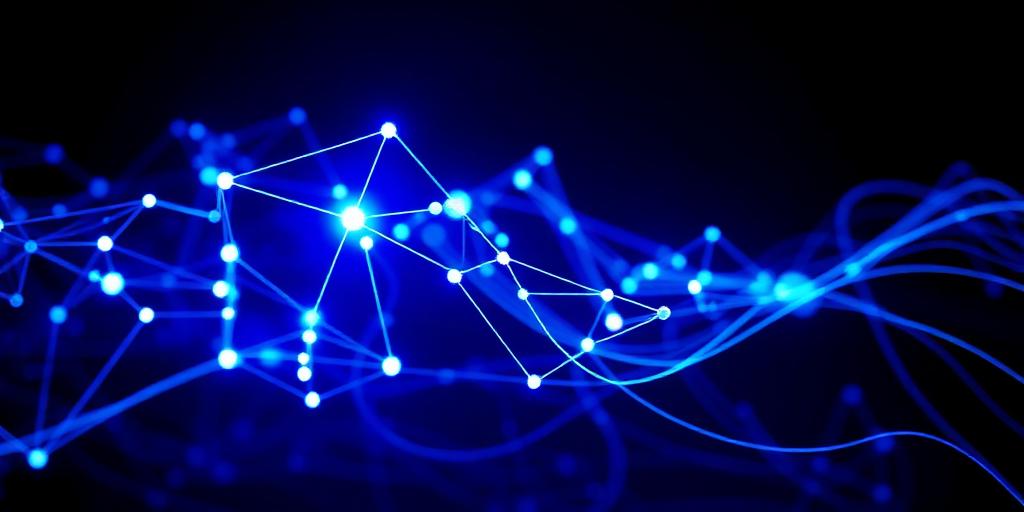The Future of Software Development: AI-Powered Coding Assistants
The landscape of software development is undergoing a profound transformation, driven by the accelerating capabilities of artificial intelligence. While automation has long been a pillar of efficiency in this domain, the advent of AI-powered coding assistants marks a new paradigm shift, redefining the very nature of how code is conceived, written, and maintained. This evolution is not merely incremental; it is a fundamental re-imagining of the developer workflow, promising unprecedented levels of productivity and innovation.
The Rise of AI in the Developer Ecosystem
For decades, developers have relied on Integrated Development Environments (IDEs) with features like autocomplete and syntax highlighting. However, today's AI coding assistants, powered by large language models (LLMs), transcend these basic functionalities. Tools such as GitHub Copilot, Amazon CodeWhisperer, and Google Gemini for Workspace offer advanced capabilities, including contextual code suggestions, automated bug detection, and even the generation of entire functions or modules from natural language prompts. These AI tools for developers are becoming indispensable, acting as intelligent co-pilots that augment human creativity and problem-solving.
Current Capabilities and Practical Applications
The immediate benefits of integrating generative AI in software engineering are multifaceted:
- Code Generation: From boilerplate code to complex algorithms, AI assistants can generate relevant code snippets based on comments or existing code context. This significantly reduces the time spent on repetitive tasks.
- Intelligent Autocompletion: Beyond simple keyword matching, AI models understand the logical flow and intent of the code, providing highly accurate and context-aware suggestions.
- Debugging and Error Detection: AI can analyze code for potential bugs, suggest fixes, and even explain why a particular error is occurring, accelerating the debugging process.
- Code Refactoring and Optimization: Assistants can propose improvements to code quality, readability, and performance, aligning with best practices.
- Documentation Generation: AI can automatically generate documentation from code, ensuring that projects remain well-documented and maintainable.
The impact of AI on coding is thus profound, allowing developers to focus more on architectural design and complex problem-solving rather than rote coding.
Navigating Challenges and Ethical Considerations
Despite the immense potential, the adoption of AI-powered coding assistants is not without its challenges. Concerns around intellectual property, security vulnerabilities in AI-generated code, and the potential for a decline in fundamental coding skills necessitate careful consideration. Organizations must establish clear guidelines for AI usage, implement robust code review processes, and invest in continuous developer education to ensure these tools are leveraged responsibly. The objective is to enhance, not replace, human expertise.
The Future Outlook: How AI Assists Programmers
Looking forward, the trajectory of the future of software development with AI points towards increasingly sophisticated and integrated systems. We can anticipate AI assistants becoming more adept at understanding high-level design specifications, automating multi-step development processes, and even participating in system design decisions. The collaboration between human and AI will evolve, with AI handling more of the mundane and predictable tasks, freeing developers to innovate, architect complex systems, and focus on the strategic aspects of software creation. This synergistic relationship will usher in an era of unprecedented productivity and complexity in software solutions, making AI an intrinsic component of every developer's toolkit.




